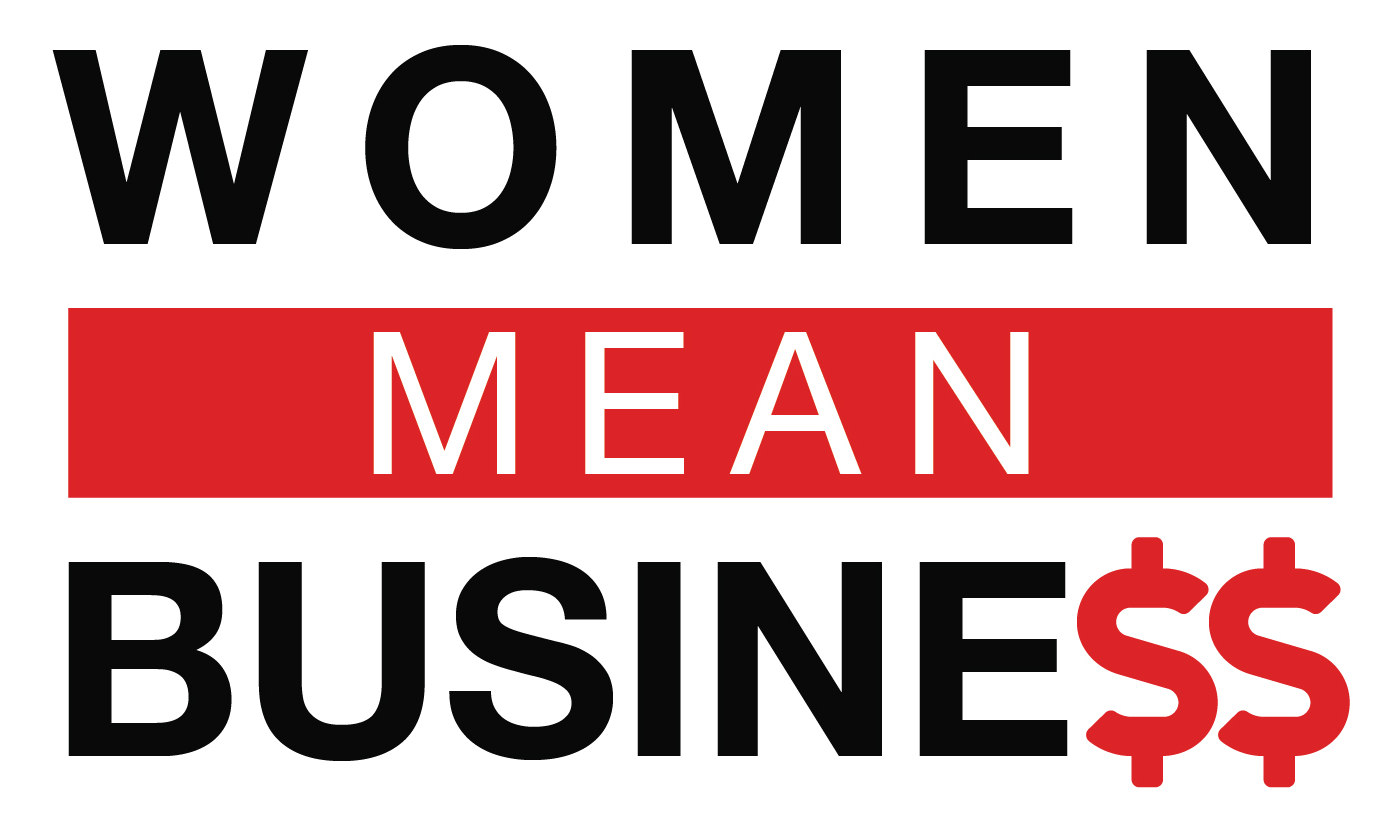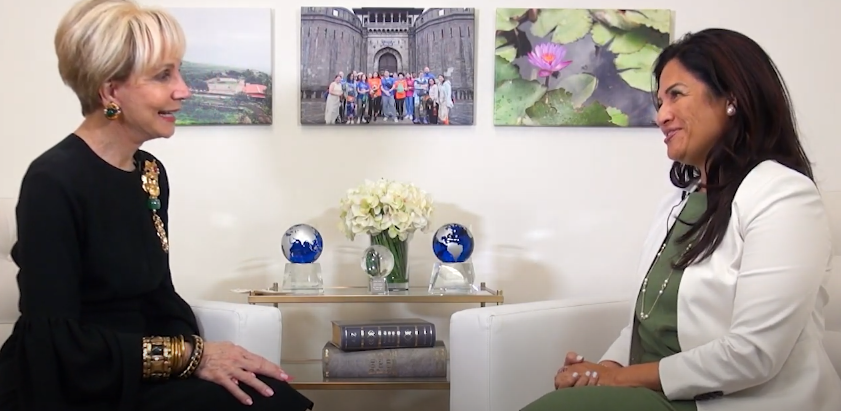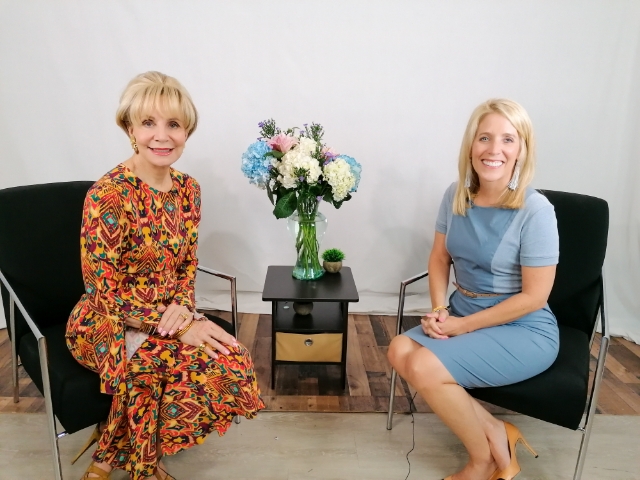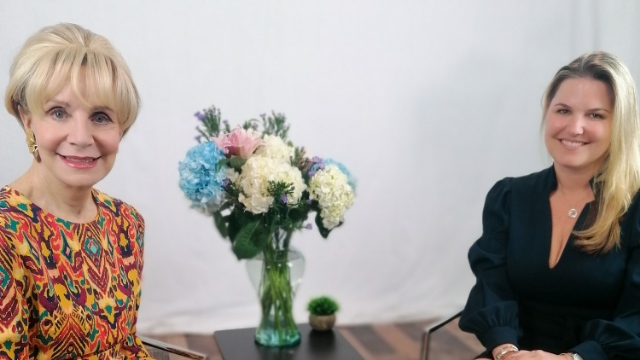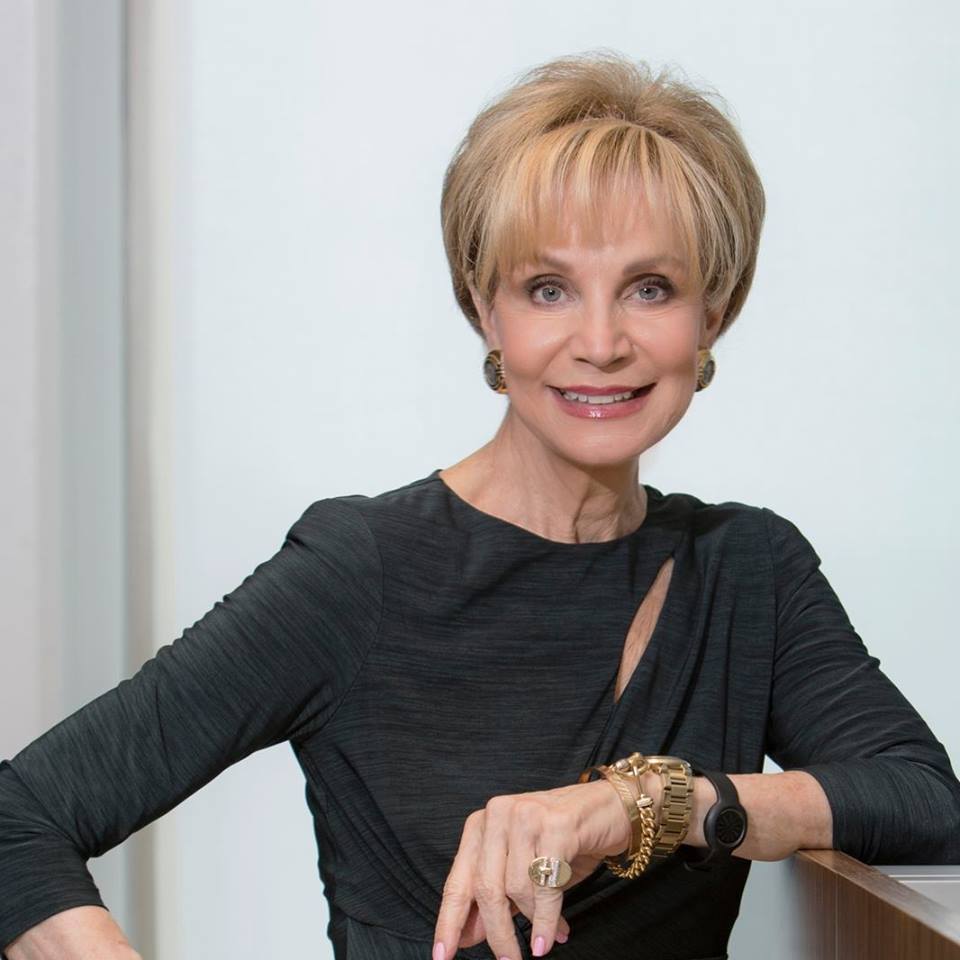Curate Capital invests in women entrepreneurs who are starting or growing their own businesses. In this interview, Carrie shares her journey as an entrepreneur, how she found her passion for investing in female entrepreneurs, why it’s important to invest in all types of diversity and much more.
CLICK HERE READ THE TRANSCRIPT
Carrie: Thanks so much for having me.
Leisa: Well, I want to know all about Curate Capital.
Carrie: Curate Capital, which we officially launched this year, is a venture capital fund that invests in female founded businesses. Specifically, we invest in businesses by women for women. So, what that means practically is that we are industry agnostic. We don’t focus on any one industry. Rather we look across industry lines to find the best opportunities. We look for businesses that women are creating to meet the needs and wants of other women.
Leisa: So how did you get there?
Carrie: To make a really long story short, I grew up in a small town certainly not from any sort of affluent, background was top of my class, liked math and science. So of course, they kind of encourage you to study engineering. Okay, great. I graduated top of my class at UT and then came to work in the oil and gas industry here in Houston. And so, all of those decisions were very pragmatic in nature, you know, kind of the right thing to do to get a job, get a paying job, support myself and so on and so forth. But I was never passionate about oil and gas per se. However, the majority of my oil and gas career, which was almost 20 years was spent at a privately held company that was very entrepreneurial in nature, albeit you know, kind of in an old school industry. So, you know, I really learned a lot from the founder there being on the leadership team. And I got my MBA while I worked there as well. And you know, one of the things that we practiced was having ownership across the team. And so, I was fortunate to be there at a time where we made some pretty significant transactions. And so, I was able to step away about six years ago and figure out what I was going to do next.
I didn’t really have a set plan but I was able to walk away and take some a little bit of time anyway, to figure out what that was going to be. And I wanted it to be something that I was more passionate about, something that would be more fulfilling. And so, along the way, I started a blog towards the end of my oil and gas career, blog and Instagram and all that. It was never, you know, really to be a blogger in and of itself, but more so to kind of learn how people were using social media to drive business and create businesses. And so along that way, I started connecting with female founders online on Instagram and you know, via email and all sorts of things, you know, people think LinkedIn is where you connect professionally, but really it can be wherever people are.
Leisa: That’s right.
Carrie: And so, one example is a company based in Austin called Pact Party and the founder DMed me, and had some questions. And so, she knew I was going to Austin and we got together and we started the conversation. She wasn’t ready to create a board yet, or she wasn’t ready for outside money, but when she was a few months later, she came to me. And so, I was her first investor and really that’s how all of our deals have come about. And so, I’ve been investing in female founders with my own money for the past five years or so and seen tremendous results. And so frankly, the deal flow that we were getting, you know, as the word kind of spread that I was a nice, friendly, approachable, alternative to the traditional venture capitalist options, as word spread, we were getting so much great deal flow that it only made sense to create a fund to amplify what I was already doing in the space.
Leisa: How did you announce the fund? Who are your investors? Where’s it going?
Carrie: As luck would have it, we actually decided to do this at the very end of 2019, spent the beginning of 2020, kind of getting all of our ducks in a row, you know, legal formation and accounting setup and all that. And then of course the world changed. So, for 2020, we somewhat put the, you know, kind of spreading the word efforts on hold the marketing efforts and the fundraising efforts. Meanwhile, we kept continue to monitor deal flow and make investments just kind of fund them ourselves as we were able because there were such good opportunities coming available. And then really at the beginning of this year, we kicked it off with our fundraising efforts and kind of spreading the word. And I have to say, you know, the, the Houston press specifically, the Business Journal, Culture Map, and Paper City, and all sorts of outlets here have been very supportive, but we’ve also been really fortunate to get some great national press.
I think it speaks to the caliber of companies in which we’re invested. We have really top-notch founders. We’ve got two that are Forbes 30 under 30 founders. We have a couple of companies we’re in talks with that made deals on Shark Tank. And so, these are really vibrant thriving companies that we’re getting to work with. And so, we look for you know, the founders are really who we’re investing in. And so, now one thing that’s been really awesome and somewhat surprising in a good way is that we will have a majority of our limited partner investors being women. And so, we will be a fully female ecosystem more or less. So, not only would the majority of our LP investors be women we are also launching a grassroots crowdfunding campaign to bring on board the everyday woman who wants to be a part, but maybe can’t write a six figure check, but she could write a $100 check. And so, we’ll be launching that really soon. And so, we’ll have kind of this grassroots effort, the LP investors, a female venture capitalist, and we’re all investing in these female founders that are building businesses for women. And so, it’s really a great investment opportunity right now.
Leisa: Crowdsourcing, I think that’s fantastic. You know, it’s almost allowing the next generation in at any level. That’s great. The six-figure investor, I guess that’s what an LP is. It has to be at the six figure level. How do you manage tracking it all and who owns what? And what’s going to happen when you distribute at some point?
Carrie: Fortunately, we’ve surrounded ourselves kind of the best in the business in terms of backend accounting, investor reporting and legal setup and all that. So, you know, we’ve got support from that standpoint. Right now there are just two of us partners, my husband and I have been working this full-time for about a year and a half now. So, we’re excited to get to the closing of the fund and actually be able to begin to scale up our operations. But yeah, so at this point, we’ve got some great contractor help helping us with those key areas of marketing and some publicity, accounting and all that. And now we’re just ready to get to work more focused on the companies themselves rather than the fundraising aspect.
Leisa: You’re obviously a fashionista, you look absolutely wonderful. You said you’re investing in, you know, you’re agnostic investor, but are you gearing it all toward fashionable companies or fashion focused companies?
Carrie: So, it’s interesting. The way that our portfolio makeup is panning out is that it’s about half consumer goods and then the other half is a fun mix of say medical and fintech and just a fun assortment. But I think really we’ve established ourselves as experts at scaling some of the consumer product companies based on what I’ve done with Pact Party and some in my initial round. And so, we kind of know how to grow those pretty efficiently and quickly. And so, in that consumer product goods, there are some that will be coming out that are kind of fashion oriented or décor, kind of fun, colorful lifestyle products, if you will. So, things that make life a bit happier every day. And geographically, we’ve got founders all over the country. We are excited to be announcing a deal here in Houston pretty soon. We’ve got one investment here in Houston already, and that’s in an app for moms called Social Mama. And actually I’m happy to talk about the one that we’ll be announcing soon if you’d like.
Leisa: Please.
Carrie: So, this one is based here in Houston. It’s a little bit out of my normal range because it is not consumer goods. It’s founded by an engineer, a female engineer who is based here in Houston and deeply embedded within the medical community. And as I look at deals, like I told you, I look for it solving a need or a want of women. And what this medical device company does, they are inventing and developing a device that’s going to make epidurals easier for women. So, that was something that I could understand right away. And, you know, the average woman certainly can relate to that as well. So those are the sorts of kind of hooks we look for to resonate with the female consumer.
Leisa: You really are successful and you’ve been successful more than once in several fields. I want you to imagine there’s a woman sitting here with us who wants to achieve the success you’ve achieved, maybe even in your field. What advice do you have for that woman?
Carrie: As I think back on myself, what I would tell myself is to just embrace who you are. I think early on, I didn’t even practice that, you know, think of me now colorful me. I’ve always liked color, but I think early on, even I felt that pressure to conform to what an engineer should look like, or a business manager in an oil and gas company, what I should look like, what I should sound like, what I should speak like, how I should conduct myself and really, you know, we are all better together. We need everyone’s unique perspective, unique voice, unique personality, because that’s when we’re really going to add the value that we bring to the tables when we’re being our true self in whatever capacity that is. So, you know, I think I would just really encourage people not to try to blend it and be who you are, use your strengths and you’ll figure out exactly where those are best put to use.
Leisa: Thank you very much.
Carrie: Thank you, Liesa. I’ve admired you for years, so it’s an honor to visit with you.
Leisa: Thank you. There, you have it. Extraordinary advice from an extraordinary woman. I’m Leisa Holland-Nelson, your host for Women Mean Business. And you can find me at www.womenmeanbusiness.us or at Leisa@astounds.com. We’ll be back again with another episode.
EXTRA 1
Leisa: So, you’ve just had this extraordinary career incredible experience. When you were a kid in your small town, what did you think you would be before everybody said go be an engineer?
Carrie: I was always ambitious. I mean, I’d probably said some of the stereotypical things, a dentist accountant, all those sorts of things, but, you know, I knew that I wanted to do something that was fulfilling and it would make a difference. And so, while there were aspects of my career along the way that I enjoyed for sure, and that I learned from it was never necessarily something that, you know, really, you know, motivated me day in and day out to do what I do. And so, I think though, all of those things were, were stepping stones. They were learning moments. So, whether you’re learning what you like or what you don’t like, what you’re good at, what you’re not good at. Everything is training, right? Everything is a lesson learned that eventually leads you to where you’re supposed to be in it. It feels good to be there now.
EXTRA 2
Leisa: And what company was that?
Carrie: I worked at Hilcorp Eynergy and founded by Houstonian Jeff Hildebrand. And he keeps a lot of things about the company, very private for competitive reasons, since it is a privately held company. So, I will only share my experiences to say that the entrepreneurial lessons that he instilled in me in how he ran his company, how he incentivized everyone, those lessons are priceless to me even today. And I think that’s been super gratifying to figure out that you can take lessons applied from or learned from one industry and apply them to a completely different industry and see the similar results.
